A California appellate court has recently ruled in favor of resuming the sharing of gun buyers’ personal information with researchers, ending a seven-year dispute. Here’s the whole story.
Green Light For Gun Research

California’s Department of Justice has received the green light to resume sharing personal information of gun buyers with researchers, according to a recent ruling by a state appellate court.
Seven Year Case
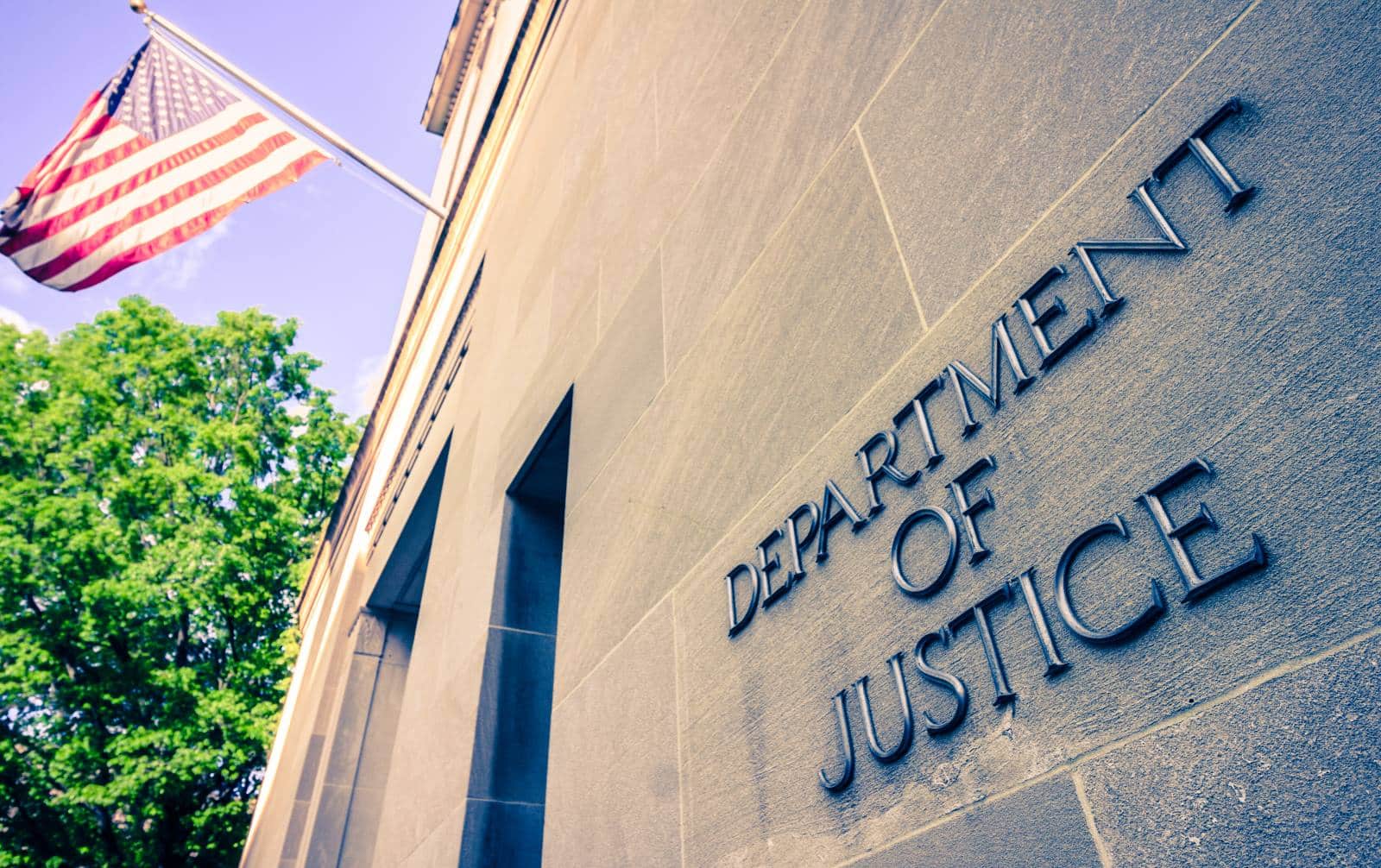
This decision follows a prolonged seven-year exchange involving the justice department, the legislature, and gun violence researchers over the release of sales record data, encompassing purchasers’ names, addresses, occupations, and details about the firearms acquired.
Crucial Data

The datasets in question are considered crucial by researchers for comprehending the intricacies of gun violence in the United States.
Analyzing Risk Factors

Since 1989, the California Justice Department has provided data to researchers at the University of California, Davis, and other institutions. This information is instrumental in analyzing risk factors associated with criminal activities involving firearms.
Firearms Research Centre

In 2016, the state legislature instructed the University of California system to create and manage a specialized research center for firearms violence at UC Davis. The justice department was mandated to supply any data to assist the center in its work.
Data Cut Off

However, in the subsequent year, California Attorney General Xavier Becerra ceased furnishing the data to researchers. In 2021, he proposed a potential rule change to limit the data to exclude details that could identify gun owners.
Four Million Gun Owners

In response, Governor Gavin Newsom signed Assembly Bill 173 into law, requiring the state’s justice department to share identifying information of over 4 million gun owners in California with qualified research institutions upon request.
Public Findings

While researchers can utilize the information and share their findings publicly, they are prohibited from disclosing any identifying information about gun owners.
Challenges in Court
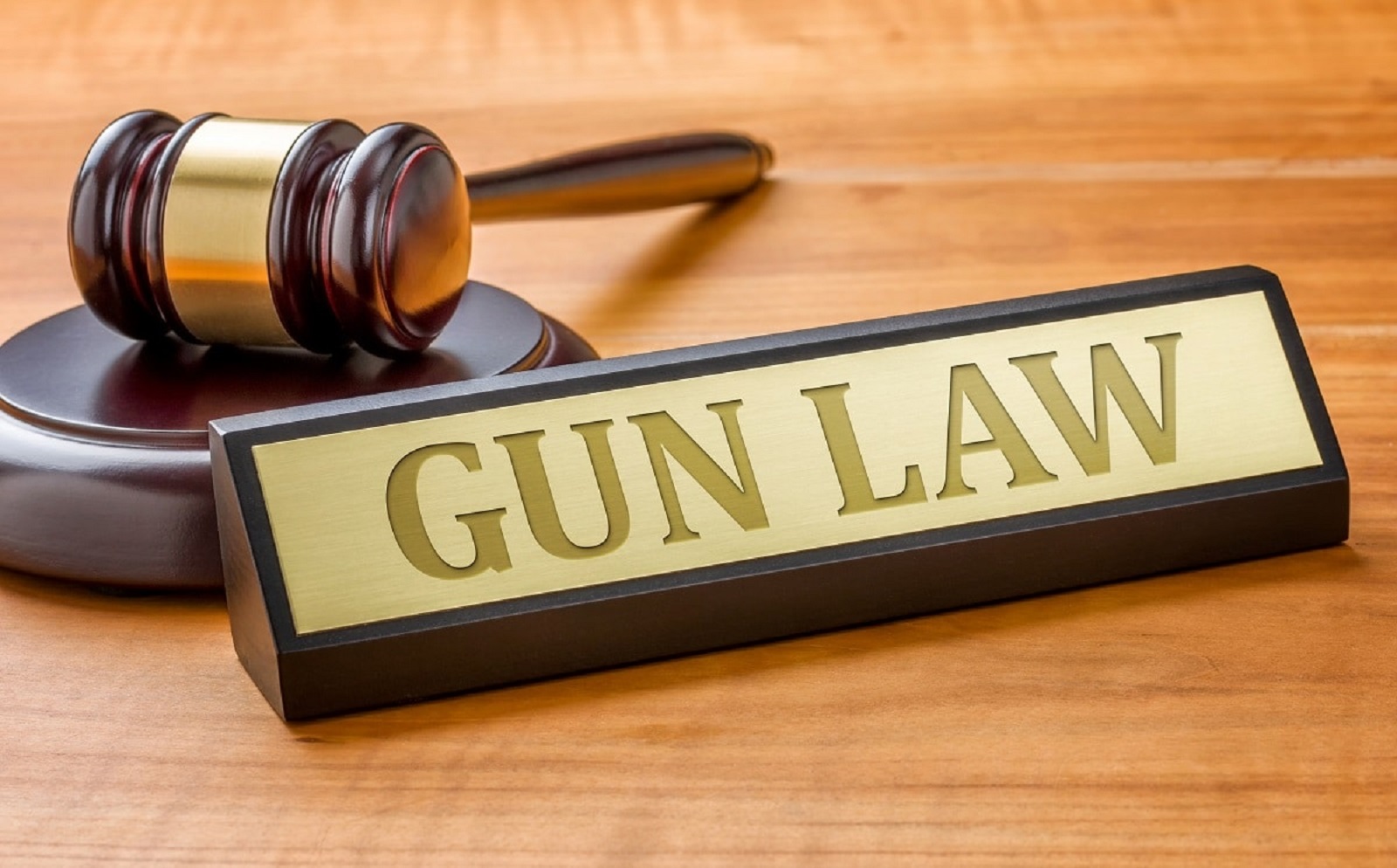
This law prompted legal challenges from gun owners and law centers, asserting that the divulgence of such information infringes upon privacy rights.
Temporary Hold
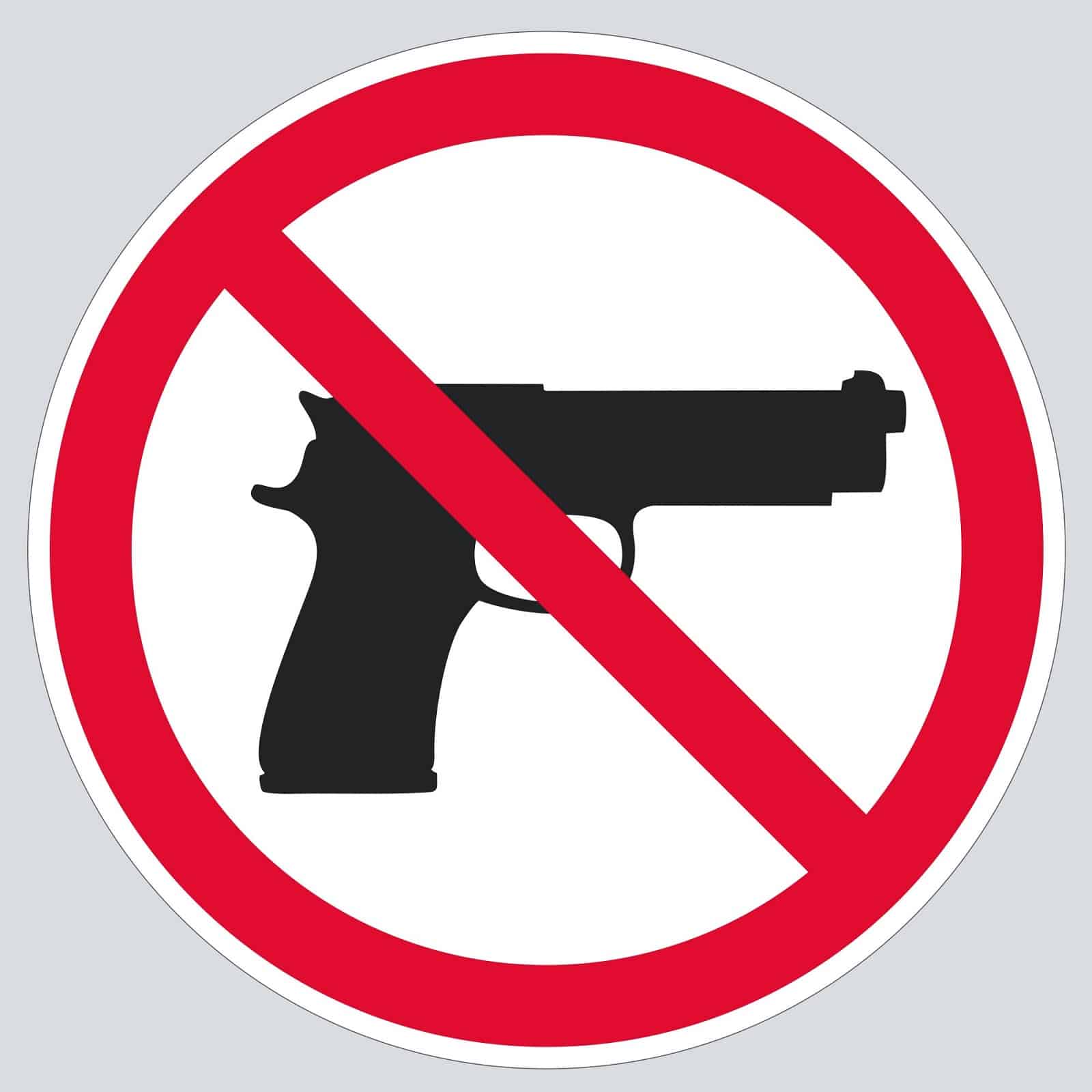
In October 2022, a San Diego County Superior Court judge, Katherine Bacal, temporarily blocked the law.
Studies To Continue

However, on November 17, a three-judge panel of the California Court of Appeals for the Fourth District ruled that the lower court had failed to consider the state’s interest in studying and preventing gun violence.
Injunction Reversal

The panel, led by Associate Justice Julia C Kelety, sent the case back to the lower court and mandated the reversal of the preliminary injunction.
Catching Up

This decision comes at a time when gun violence researchers are striving to make up for lost time in their studies.
The Dickey Amendment
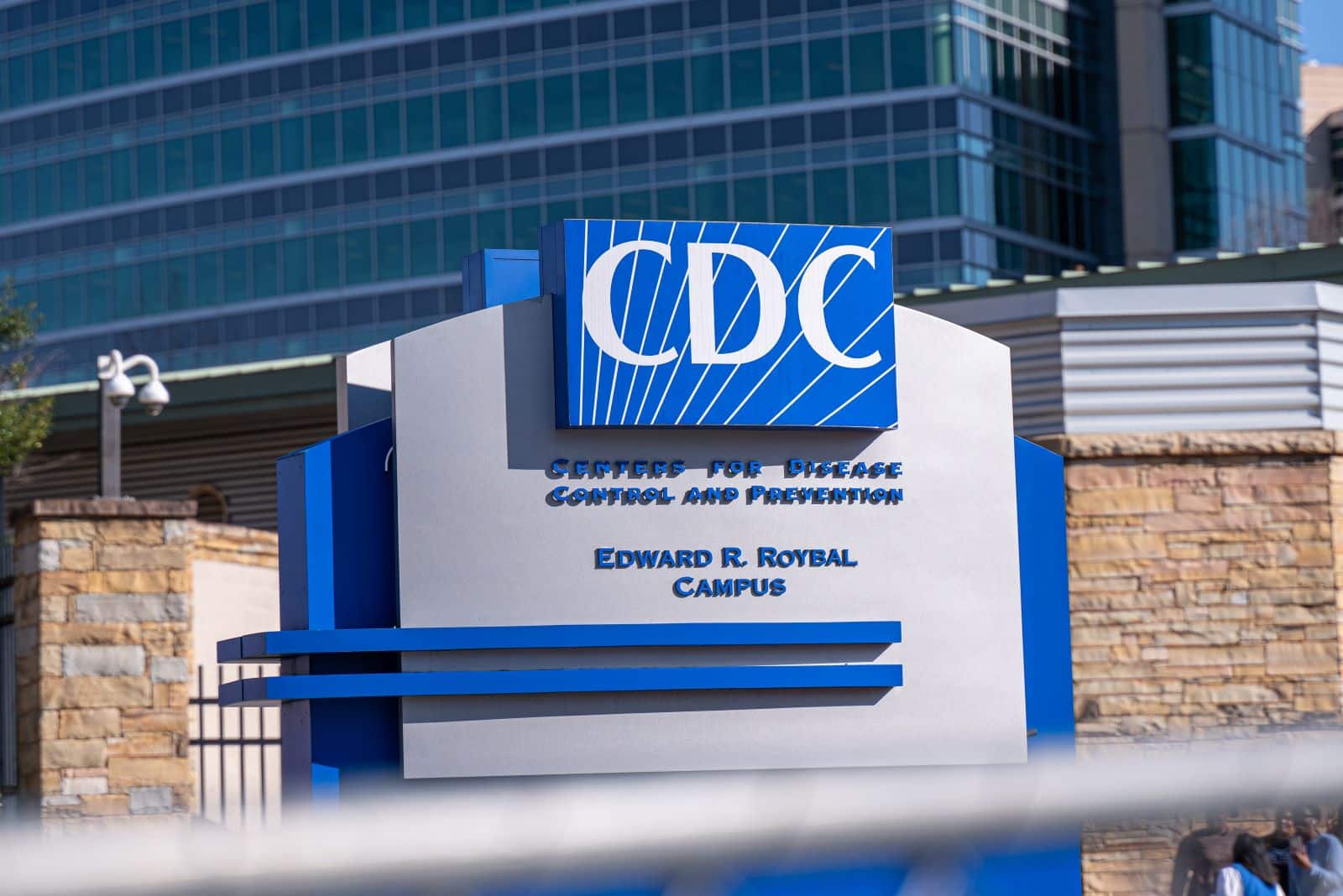
Between 1996 and 2018, the U.S. Centers for Disease Control and Prevention, previously a funder of gun violence research, was hindered by the Dickey Amendment. This provision, enacted in 1996, prohibited the CDC from using its funds for research that could advocate for gun control.
Science Stops

As a consequence, federal spending on gun violence research plummeted by 96%. The number of publications addressing gun violence declined by 64% over the following two decades, as revealed by a 2017 study in the Journal of the American Medical Association.
State Level Research
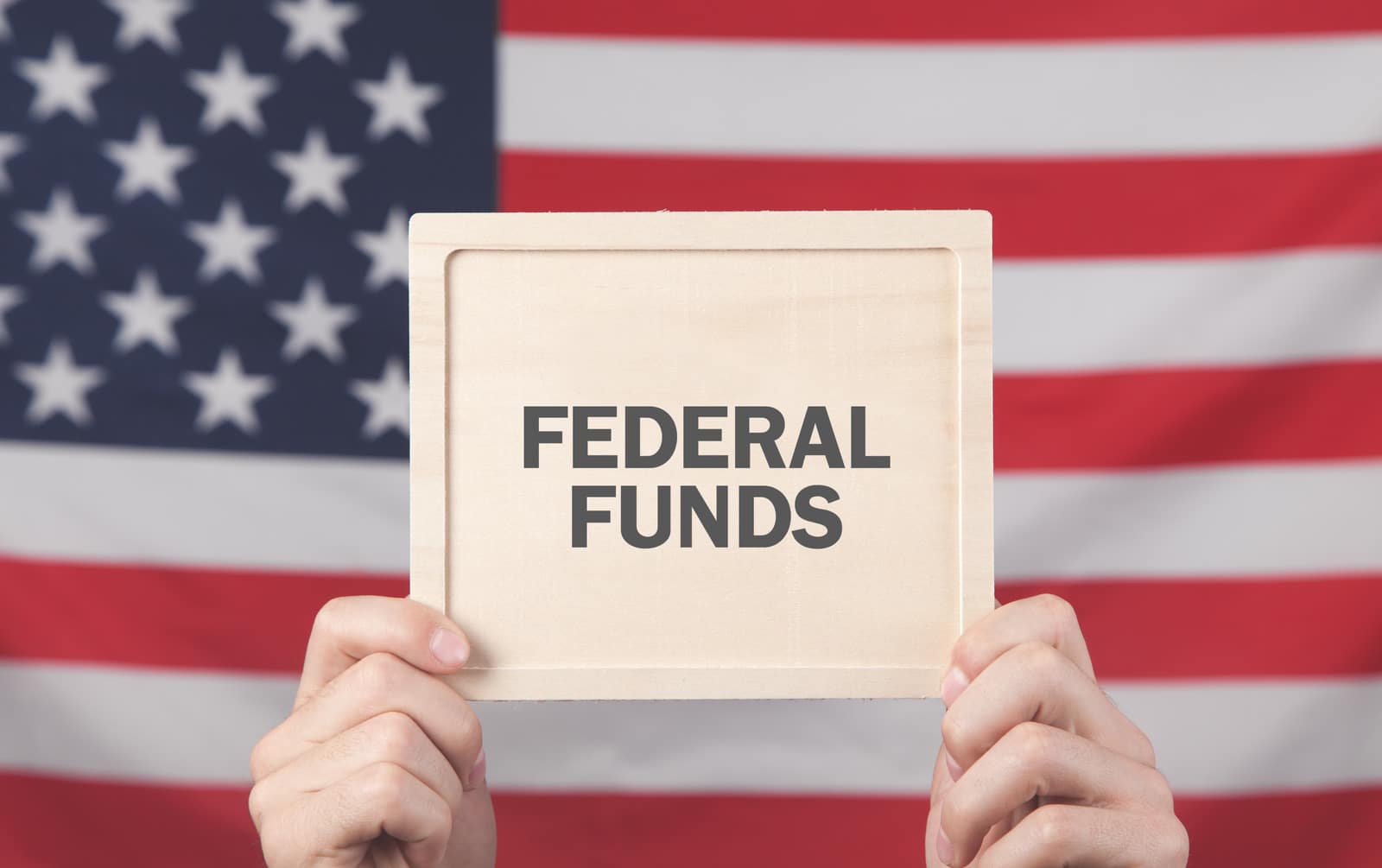
The diminished federal investment underscores the significance of state-level research into gun violence.
“Important Victory”

Garen Wintemute, who leads the California Firearm Violence Research Center at UC Davis, hailed the court’s decision as an “important victory for science.” He emphasized the vital role the data plays in conducting research that, for more than 30 years, has been indispensable and unparalleled in its contribution to understanding gun violence.
Invaluable Data

The news led to much discussion online, with some speaking out in favor of the change. One such commenter posted, “This is invaluable data to determine the psychological profile of some of these people. It could lead to better legislation to either dissuade purchasing habits or stop violent crimes and suicides before it’s too late.”
Data Breaches
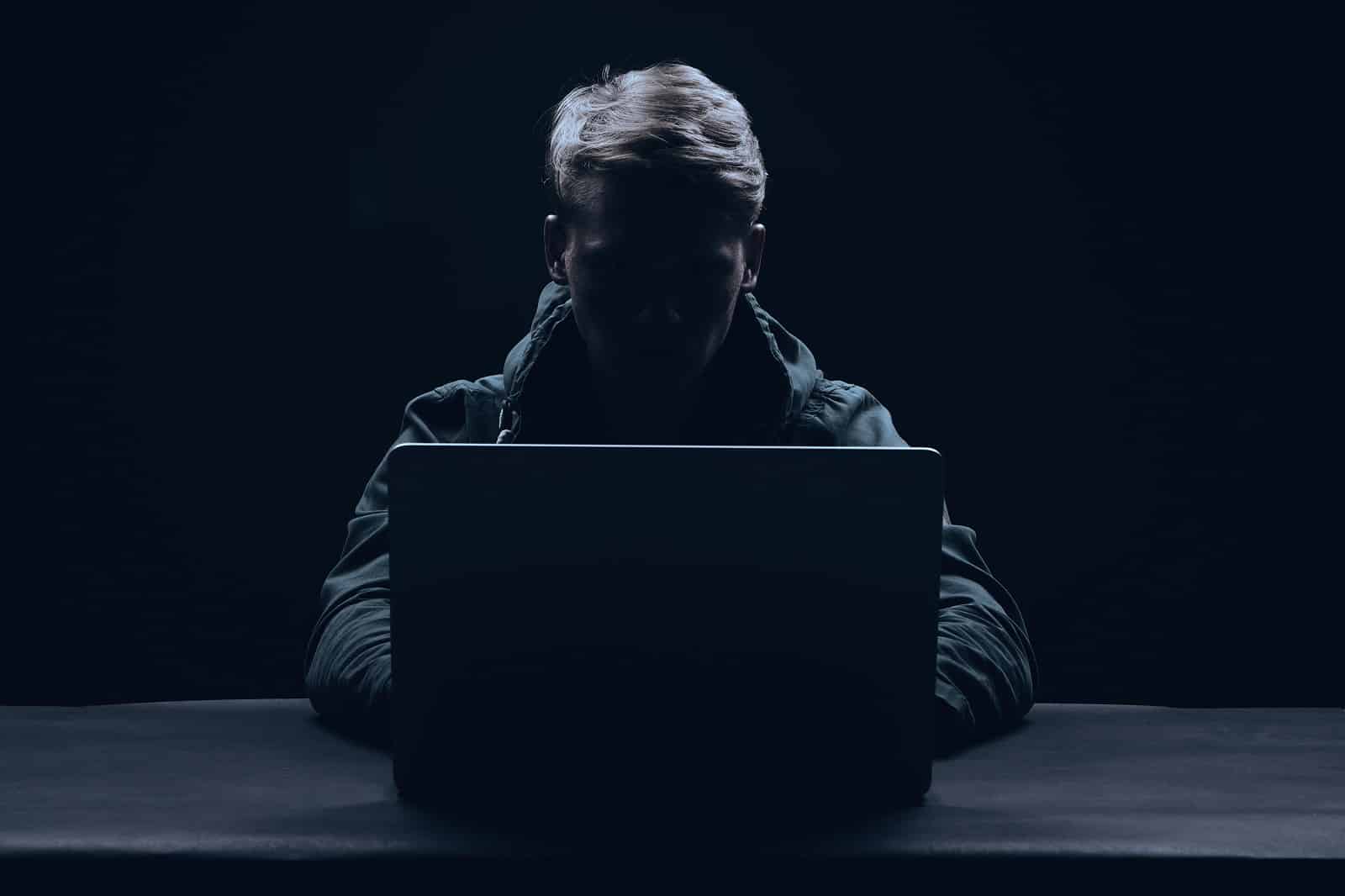
However, others online were against the court’s decision, with one commenter posting, “If the owners of the data can’t keep it safe, there’s no way a third party with no specialty in security can do any better. Furthermore, expanding the availability of data to third parties opens up more possibilities for breaches.”
The post Unlocking Gun Data – California Court Ruling Favors Research Over Privacy Concerns first appeared on Wealthy Living.
Featured Image Credit: Shutterstock / J.Thasit. The people shown in the images are for illustrative purposes only, not the actual people featured in the story.





